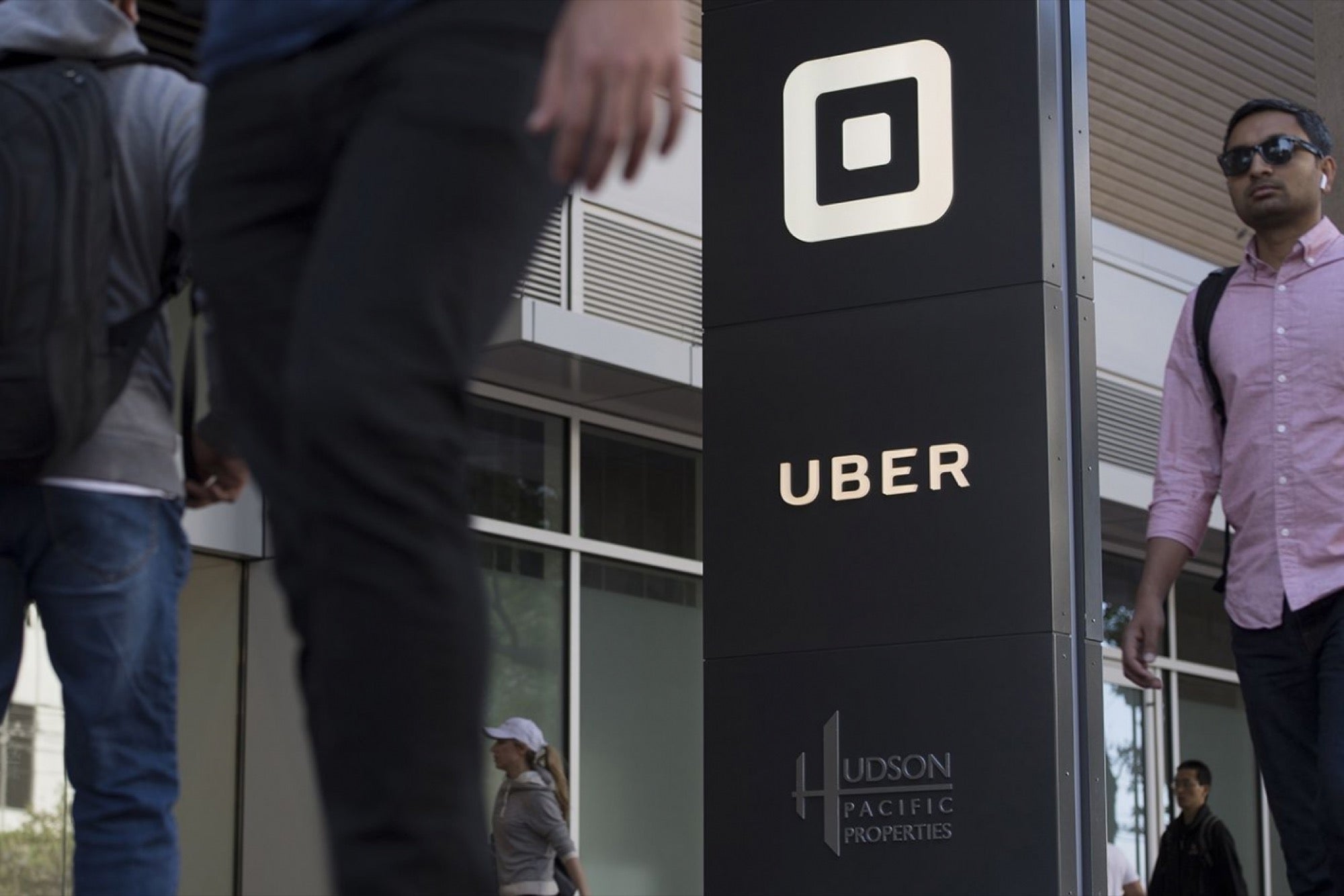What Uber Must Do to Survive CEO Travis Kalanick may be gone, but there's still a lot Uber has to accomplish to reassure investors, drivers and customers.
By Eric Schiffer Edited by Frances Dodds
Opinions expressed by Entrepreneur contributors are their own.

2017 is a vicious nightmare for Uber punctuated by the announcement that co-founder Travis Kalanick will be resigning as CEO from the once fawned-over ridesharing giant. Due to blistering pressure from investors, Kalanick's hardships, poor leadership and the total lack of self-discovery has cost him his life's work and perhaps billions. After near catastrophic brand destruction, this move should have come much sooner when news of poor decisions first questioned Kalanick's competence to lead one of America's great startups.
Related: Travis Kalanick Stepped Down, but Uber's Problems Won't Be Instantly Solved
Kalanick is an incredible visionary and talented person, but the mirror is his worst enemy. Leading Uber to great prominence meant Kalanick needed to grow up fast, but time got the best of him. He's 40 years old, but stuck in the mindset of a 19-year-old frat boy, where success comes from a bullying style without self-reflection. Unless Kalanick had a round-the-clock self-discovery intervention leading to emotional maturity, his initial "leave of absence" would have caused even greater combustion to the brand. The forces that made Kalanick successful -- the relentlessness, force of will and busting through walls -- can become a mortal blow to one's self if left without self-control. Great entrepreneurs can suffer from behavioral issues – consider Steve Jobs. But, Jobs saw the benefits of maturation, and although not illustrated perfectly, it was enough to lead one of the greatest companies on the planet. Kalanick didn't have it in him.
The cutthroat culture birthed by Kalanick led Uber to get a stranglehold on markets, but it devastated morale and brand reputation. The product itself is a revolutionary innovation. It's effective, gives a needed service worldwide and offers a near smooth experience. There's no denying the life-changing capabilities of the company, but captains navigate the ship, and Kalanick steered the boat dangerously with reckless side effects.
Related: Why Travis Kalanick's Ouster Is an Uber Disaster
Uber's transformative platform effect has led to new companies being called "the Uber of food delivery" or the "Uber of medical marijuana." Uber is now a verb, joining Google and others who've reached that lofty status. But, there have been many missteps along the way, like "Greyballing" to shield Uber from investigators in certain cities, the poor pay of drivers and most concerning, the terrible treatment of women at the company. It's this type of leadership behavior that's symptomatic of management's brash style, which must permanently change if the company wants long-term survival. Forcing Kalanick to resign became the first step to regaining public trust.
Uber can recover from the bludgeoning to its brand, but its leadership team needs to take a long, hard look at themselves and identify how they're going to do better with their next CEO, and actually do it. Verbalizing it is no longer enough, especially after the management team took too many attempts to spin their poor actions instead of changing transparently. The self-harm must end, and Uber needs to find small wins to rebuild credibility, perhaps like adding respected, new diverse board members, new strategic advisors that have a known brand, and new terminations or demotions from the old regime.
Related: Leadership and Teamwork Are How You Avoid Getting Uber'd
We know that CEOs and who they are matter, especially in the "cult of personality" of Silicon Valley, where certain behaviors survive like a superbug. A CEO has to define what is in and out of bounds behaviorally. This plagued Kalanick and other top management. There was no "out of bounds" or "crossing lines," which brought pain and months of bad PR to the organization that became an unhinged pit of testosterone, and ultimately led to Kalanick's epic downfall.
Uber's goals should be to protect against further tarring, before its drivers, management and customers jump ship to Lyft. Protecting the brand means making women more visible, encouraging a more active board, honest press conferences, authentic promotion and better treatment of drivers (adding the tipping option is a start). It needs to even diversity into senior leadership to develop a stronger, safer culture. This is part disinfectant and part scrubbing. A great CEO will eliminate any toxicity and pummel it to create a different culture than the one that nearly burnt Uber to ashes.
Uber also has to recognize it isn't a startup anymore. It doesn't need to swipe source code, play games with city regulators or maneuver around governments. It's now a company at scale with great vision. It needs to protect it.











